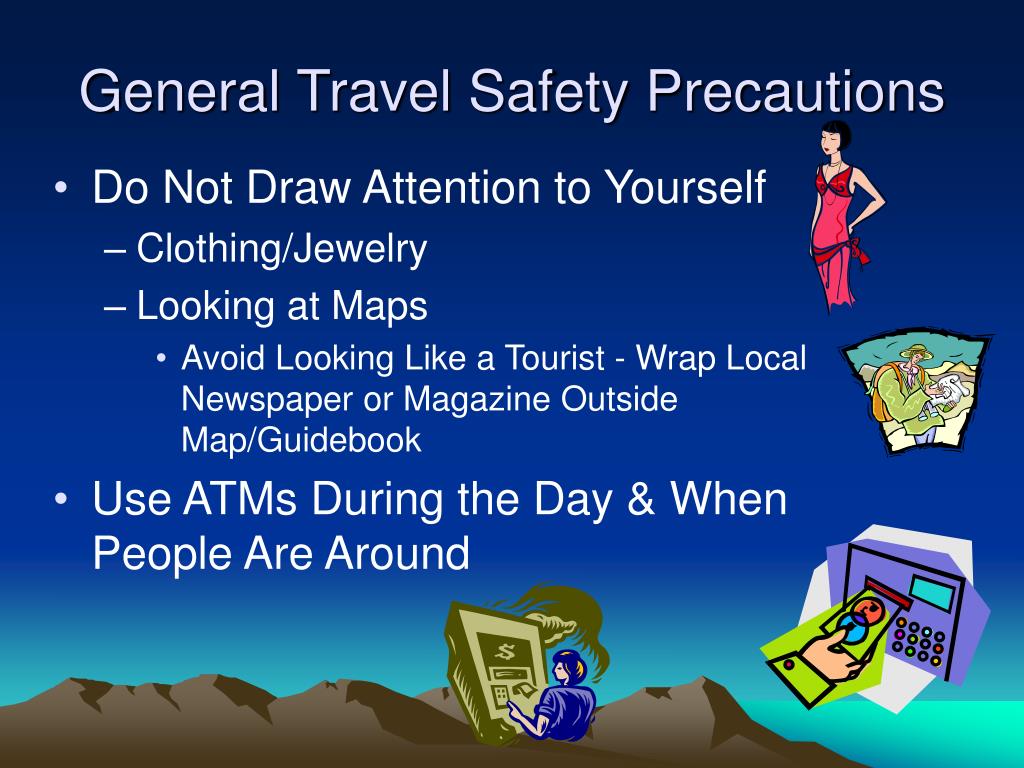Health and Safety Precautions When Traveling in the Middle East

Navigating the Middle East: Health and Safety Precautions for a Smooth Journey
The Middle East, with its vibrant culture, stunning landscapes, and rich history, beckons travelers from around the world. However, venturing into this diverse region requires understanding and taking necessary precautions to ensure a safe and healthy journey. Here’s a guide to help you navigate the Middle East with confidence:
Health:
- Vaccinations: Consult your doctor well in advance about recommended vaccinations for the specific countries you’ll be visiting. Common ones include Hepatitis A and B, Typhoid, and Rabies.
- Travel Insurance: Ensure you have comprehensive travel insurance covering medical emergencies, evacuations, and lost luggage.
- Health Essentials: Pack essential medications like pain relievers, anti-diarrheal medication, and any prescriptions you need.
- Food and Water: Stick to bottled water and avoid consuming food from street vendors unless you’re certain about hygiene standards. Be cautious of salads and raw vegetables, which can be a source of foodborne illnesses.
- Sun Protection: The Middle East has intense sunshine. Protect your skin with sunscreen (SPF 30 or higher), sunglasses, and hats. Stay hydrated by drinking plenty of fluids.
- Altitude Sickness: If you’re planning to visit high-altitude areas like the mountains of Lebanon or Oman, be prepared for altitude sickness. Acclimate gradually and consult your doctor about medication if needed.
Safety:
- Local Customs: Familiarize yourself with local customs and traditions. Respectful attire and behavior are crucial, especially when visiting religious sites.
- Political Situation: Stay informed about the current political situation in the region and avoid areas with heightened security risks. Follow local news and advisories from your embassy.
- Personal Safety: Be aware of your surroundings, avoid walking alone at night, and don’t flash expensive jewelry or large amounts of cash.
- Scams: Be wary of scams, especially at tourist hotspots. Don’t trust anyone offering “deals” that seem too good to be true.
- Transportation: Choose reputable transportation providers and avoid traveling alone at night. Be aware of potential pickpockets in crowded areas.
- Emergency Contacts: Keep emergency contact numbers readily available, including your embassy or consulate’s number.
- Respect for Local Laws: Respect local laws and regulations, including those related to alcohol consumption, photography, and public displays of affection.
- Language Barriers: Learn basic Arabic phrases to facilitate communication, especially in rural areas where English may not be widely spoken.
Additional Tips:
- Carry a copy of your passport and visa.
- Keep valuables in a safe place and avoid carrying large sums of cash.
- Inform your bank about your travel plans to avoid your credit cards being blocked.
- Be patient and understanding. Culture shock can be common, so take time to adjust.
- Engage with locals, be open to new experiences, and enjoy the beauty of the Middle East.
By following these health and safety precautions, you can minimize risks and maximize the enjoyment of your Middle East adventure. Remember, traveling with a sense of awareness and respect for local customs will ensure a memorable and enriching experience.

